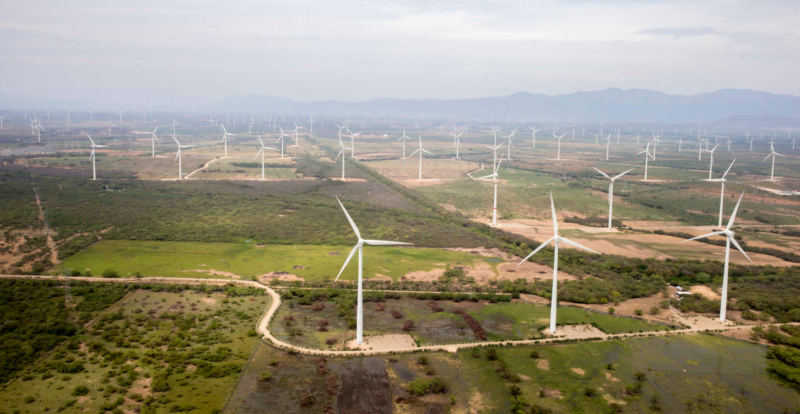Rising Brazil: The Choices Of A New Global Power
What should we expect from a newly powerful Brazil? Does the country have the capacity and leadership to be a central actor in addressing critical global and regional problems?
Long-term power supply auctions are an increasingly popular instrument worldwide for attracting renewable energy investment while cutting prices, increasing energy security, and reducing emissions. Latin America has been at the forefront of using auctions to boost renewable energy capacity. The small markets of Central America and the Caribbean, as well as larger countries with nascent non-conventional renewable (which excludes large hydroelectric dams) energy sectors, such as Ecuador, could benefit from introducing electricity auctions modeled on the most successful features employed elsewhere in Latin America.
Clean Energy Auctions in Latin America analyzes government-led long-term power auctions with participation from non-conventional renewable sources in six countries in Latin America and the Caribbean (Brazil, Chile, Mexico, Argentina, Peru, and Jamaica) since 2015. The study examines the key auction design elements in each case and analyzes the outcomes, including the level of participation from foreign and domestic firms, prices achieved, amount of energy contracted, and degree to which projects were completed on time.
What should we expect from a newly powerful Brazil? Does the country have the capacity and leadership to be a central actor in addressing critical global and regional problems?
President Lula da Silva triumphantly announced that he and his Turkish counterpart had persuaded Iran to shift a major part of its uranium enrichment program overseas—an objective that had previously eluded the US and other world powers. Washington, however, was not applauding.
The question remains if Mexico has achieved a degree of institutional development consistent with its participation in those organizations.
 Presidencia de la República Mexicana/Flickr/CC BY 2.0
Presidencia de la República Mexicana/Flickr/CC BY 2.0